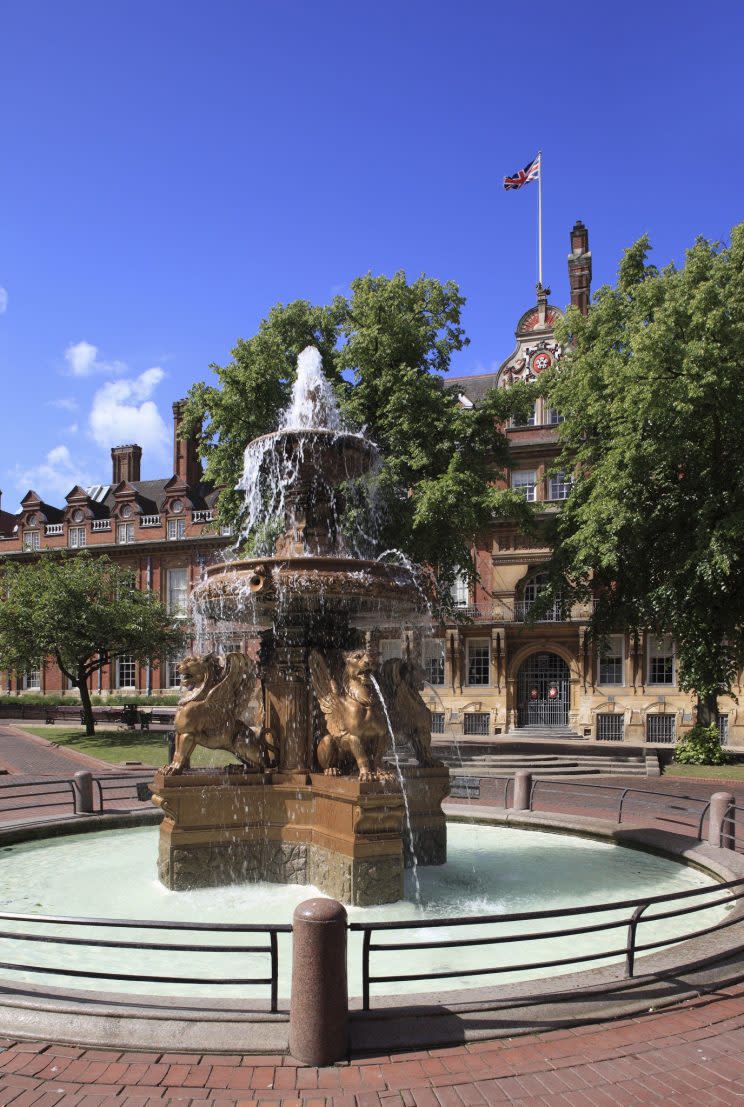Giant Brazilian bird-eating spider found on Leicester street by 'shaken' passer-by

A tarantula the size of a human hand has been rescued by the RSPCA after being found by a “shaken” passer-by – in a residential street.
The gigantic bird-eating spider, which can grow to a leg span of a whopping 10in (25cm), was found in a plastic box.
The passer-by phoned the RSPCA after spotting the arachnid on a suburban in Leicester last Friday (5/5).
Officers attended and identified the spider as a Brazilian salmon pink bird-eating tarantula, which also feasts on lizards, frogs and mice.
MORE: The alpacas with bizarre haircuts
MORE: Arctic temperatures may be slowing global warming
The huge spider also has the ability to blind humans with its venom and their fangs can grow up to an inch long.
The abandoned spider, which is the third largest species of tarantula in the world, has now been taken on by a specialist exotics keeper.
“The member of the public who contacted us was understandably shaken by the size of the spider,” said Steve Smith, RSPCA Animal Collection Officer.
“Despite the size the spider was not aggressive at all.
“Luckily we have found someone who has taken the spider on, so the spider will now live the rest of their life being looked after properly.

“We are concerned that someone abandoned a spider in the street like this.
“These tarantulas live in a warm and humid environment in the wild and need the same provided in captivity, to meet their needs and keep them healthy.
“It is likely that the spider was an unwanted pet which someone decided to dispose of for whatever reason.
“We would recommend that anyone interested in keeping a tarantula as a pet thoroughly research the particular species’ needs carefully first before deciding to get one, so they know what is involved and how long it is likely to be for.”
Anyone with information about the spider should contact the RSPCA on 0300 123 8018.

 Yahoo News
Yahoo News 


